Electrical parameters
Working voltage: flexibly adaptable to 24V DC, 120V AC or 220-380V AC to meet the needs of different industrial scenarios.
Input channels: 16 binary input channels are provided, and some models support pulse counting function (suitable for frequency measurement or event counting).
Physical size: The packaging size is about 110mm×106mm×20mm, and the weight is about 1.2kg, which is easy to integrate into a compact control cabinet.
Communication interface
Standard protocol: Supports industrial protocols such as Modbus, PROFIBUS, Ethernet/IP, etc., to ensure seamless connection with multi-brand equipment.
Expansion capability: The communication function can be expanded through the F series communication module, but it should be noted that some I/O points will be reduced.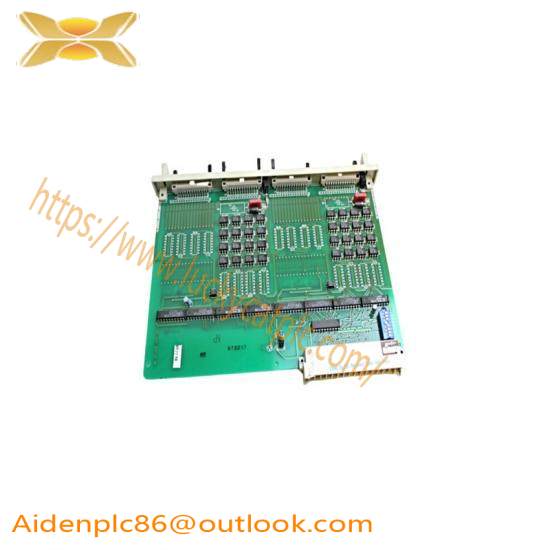
Core functional characteristics
Anti-interference and stability
Strong anti-electromagnetic interference capability: Meets industrial environment standards and can operate stably under extreme conditions.
Local timestamp and signal identification: Each input event is accompanied by a timestamp, which supports software identification of oscillation signals and improves fault diagnosis efficiency.
Input optimization
Battery ground fault tolerance: Even if the battery power supply fails to ground, the input signal can still work normally to ensure system continuity.
Pulse counting function: Suitable for scenarios that require frequency measurement or event counting (such as flow metering, equipment operation status monitoring).
Flexible configuration
Modular design: Can be mixed with other ABB modules (such as binary output modules) to build a complete I/O system.
High-speed signal processing: Some models support high-speed input channels, which are suitable for scenarios that require fast response (such as time synchronization, pulse sequence detection).
Typical application scenarios
Process control industry
Chemical/petroleum: Used in key links such as reactor temperature control and pipeline pressure monitoring, and realize flow metering through pulse counting function.
Electric power/metallurgy: Realize generator set status monitoring and blast furnace automation control, and support large current trip output to ensure equipment safety.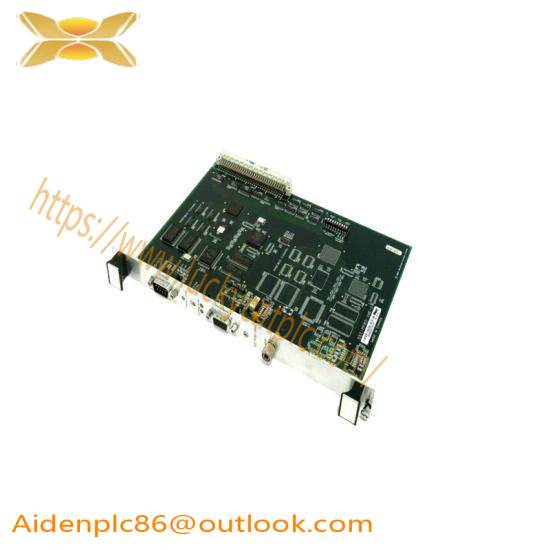
Manufacturing Automation
Production Line Control: Integrate into PLC system to manage the collaborative operation of robots, conveyor belts and other equipment, and achieve precise synchronization through high-speed input channels.
Equipment Monitoring: Real-time collection of sensor data (such as temperature, pressure, liquid level), optimize production processes and improve equipment utilization.
Energy and Building Management
Power System: Used for substation automation and power quality monitoring, supporting multi-protocol communication to achieve data interconnection.
Smart Building: Control lighting and air-conditioning systems, and achieve energy saving and comfort balance through binary input modules (such as automatically adjusting lighting according to light intensity).
Compatibility and Scalability
Multi-protocol Support
Compatible with mainstream protocols such as Modbus, PROFIBUS, Ethernet/IP, etc., and can be networked with brand equipment such as Siemens and Schneider to reduce the difficulty of system integration.
Optional expansion
BIO-01 board: adds 3 DI, 1 DO and 1 AI input to make up for the reduction of I/O points caused by F series communication modules, suitable for complex control scenarios.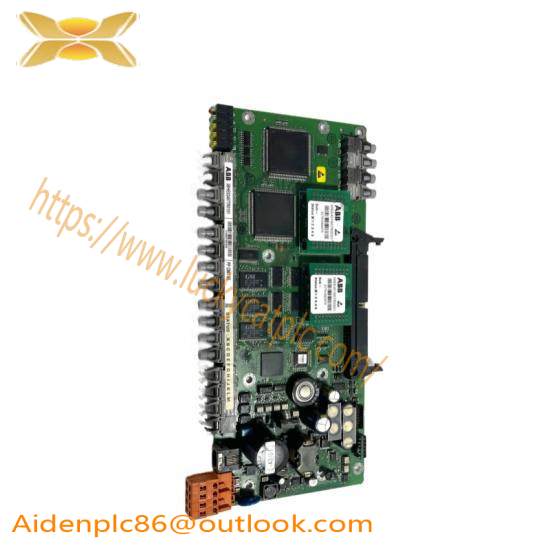
RAIO-01 module: expands analog output channels, supports 0-20mA/4-20mA signals, and meets the demand for analog quantities in process control.
System integration
ABB AC500 series ecosystem: can work with DCS50 inverters, GFD563A controllers, etc. to build a complete automation solution.
Distributed I/O expansion: can be expanded to 7 I/O modules through FBP bus, supports local or remote deployment, and reduces wiring costs.
Summary
ABB binary input module 1MRB150024R0002 is widely used in key areas of industrial automation with high reliability, strong anti-interference and flexible configuration as its core advantages. Its modular design, multi-protocol support and rich expansion options enable it to adapt to complex industrial environments, making it an ideal choice for improving production efficiency and system stability. Whether it is process control, manufacturing automation or energy management, the module can provide accurate signal acquisition and conversion functions, helping enterprises achieve digital transformation and intelligent upgrades.
Related product recommendations:
KUC711AE101 3BHB004661R0101
3BHB004661R0101
1MRK0023505-AA
PFSA140 3BSE006503R1
PFSA140RULLM1I 3BSE06503R1
PFSA140RULLM7A 3BSE006503R1
3BSE006503R1
PM891 3BSE053240R1
3BSE053240R1
1TGE120021R0010
3BSE050092R65
PFEA113-65 3BSE028144R0065
3BSE028144R0065
PM511V16 3BSE011181R1
3BSE011181R1
XVC768AE102 3BHB007211R0102
More……


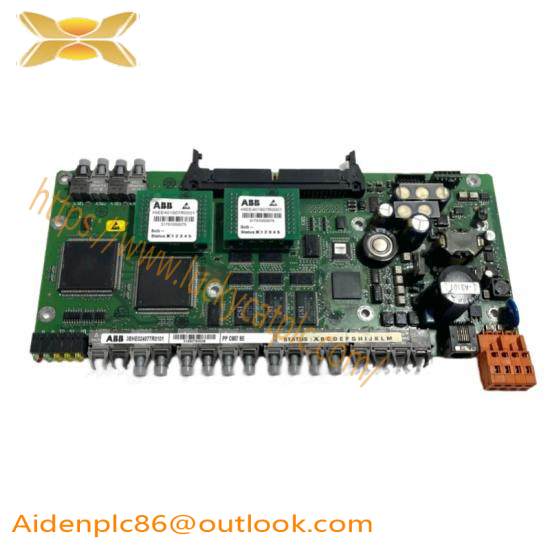
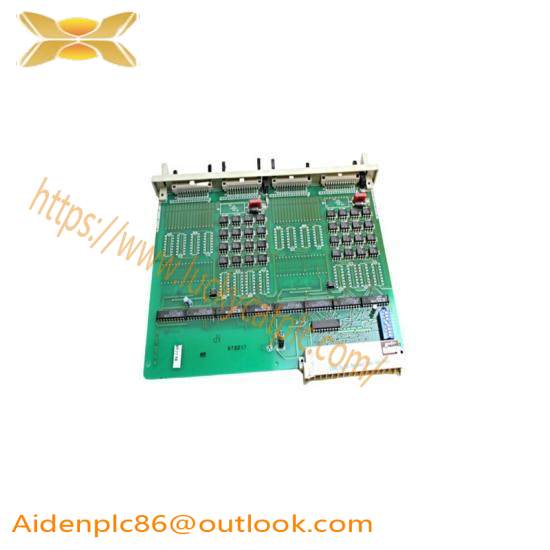
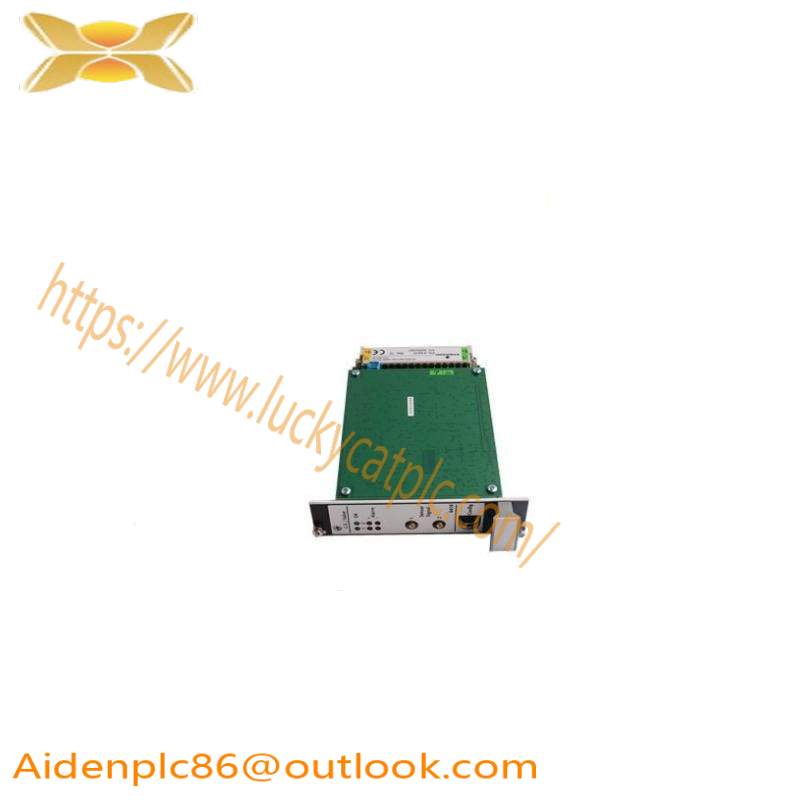
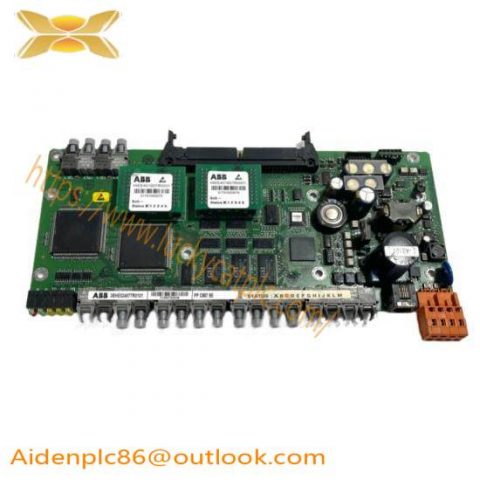

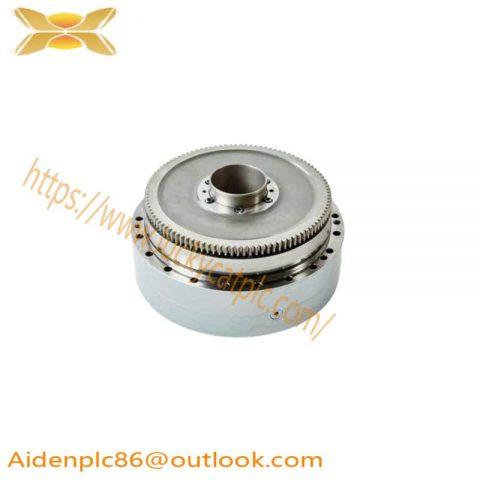
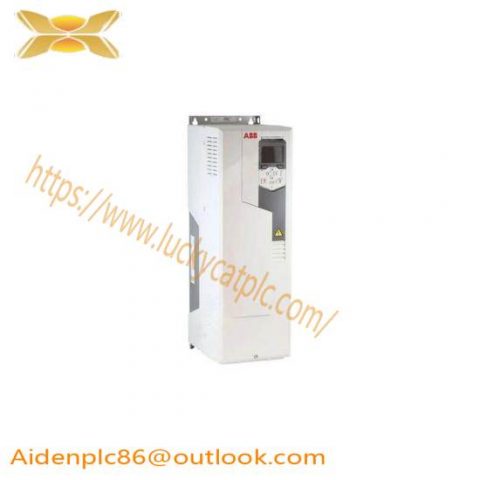
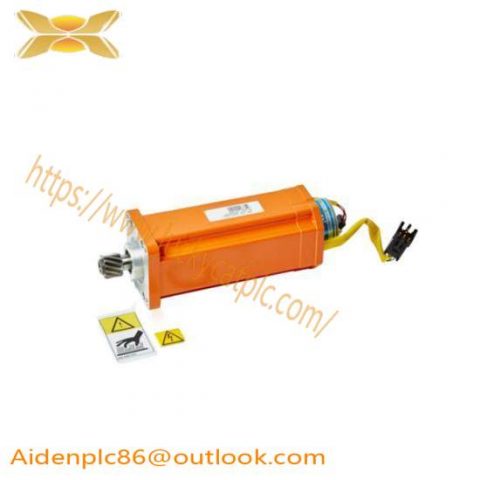
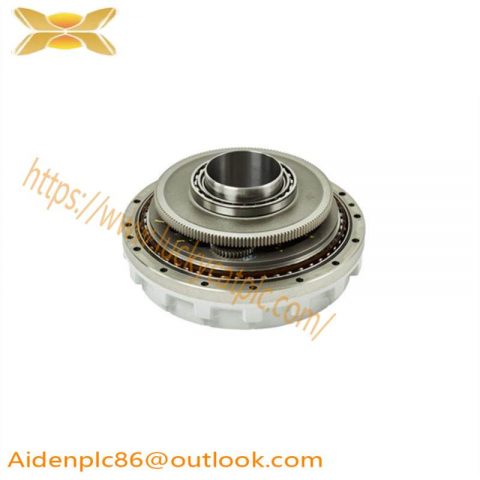
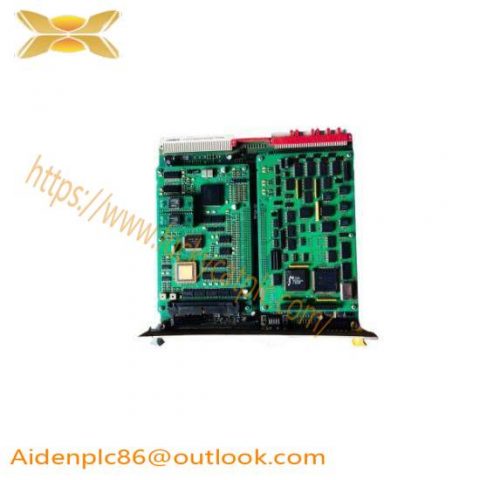
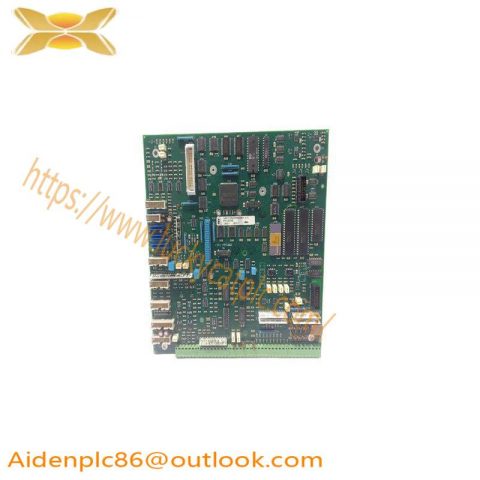
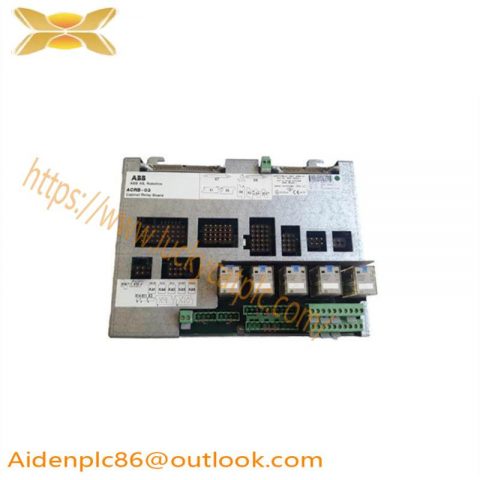
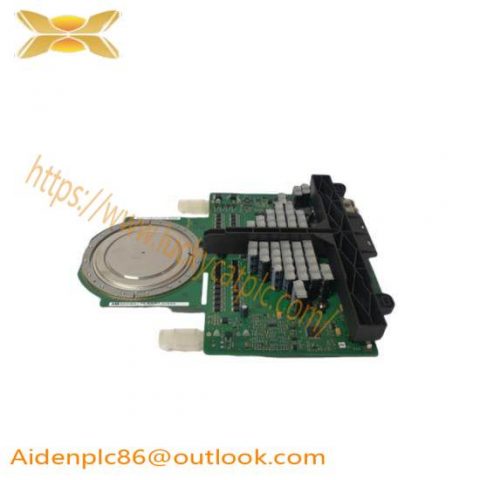
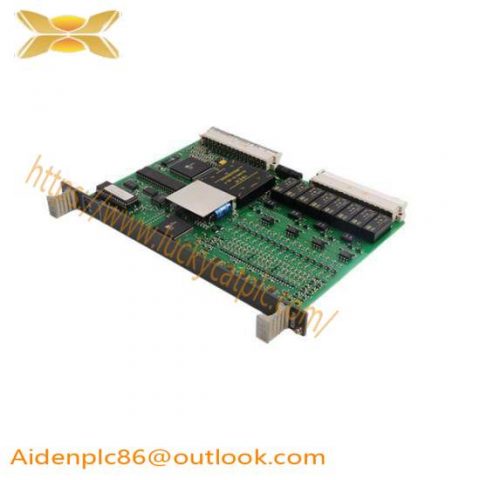
There are no reviews yet.